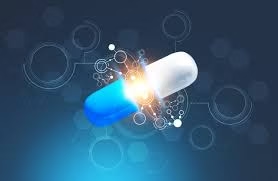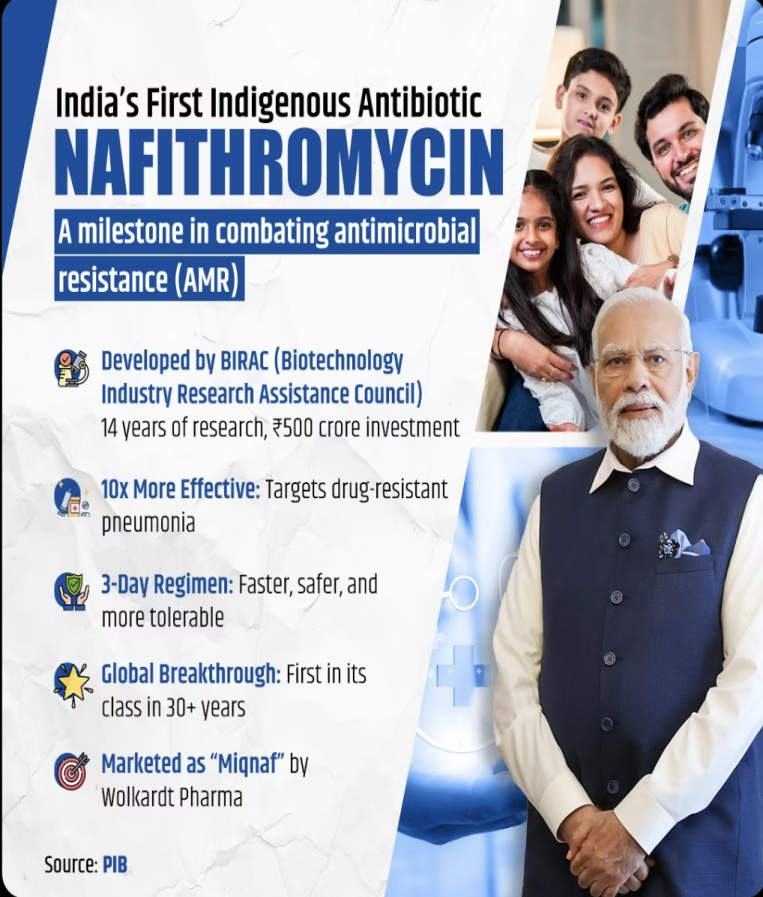Biosimilars refer to a biologic that is very similar to the one that has been cleared by the authorities for prescription by doctors. That is why they are also called follow-on biologics.
They have the same efficacy, are as safe as the reference biologic, and are used to treat the same disorders as the first biologic drug.
A biosimilar is very similar, but not identical, to an original biologic medication (also known as a reference product).
For biosimilars to be approved,studies must show that there are no differences in the safety and effectiveness of biosimilars and the original biologics.
Both a biosimilar and its original biologic: • Are made from the same types of sources (e.g., living sources) • Provide the same benefits when treating diseases or medical conditions • Are given at the same strength and dosage • Are not expected to cause new or worsening side effects.
What are interchangeable biosimilars?
An interchangeable product is a biosimilar that may be substituted without consulting the prescribing doctor, because it meets additional requirements related to the potential for automatic substitution.
This practice is called “pharmacylevel substitution” and is subject to state law. Both biosimilars and interchangeable biosimilars are as safe and effective as the original product they were compared to.
Why aren’t biosimilars identical to the original biologics?
Because most biologics are made from living sources, it is normal for both biosimilars and original biologics to have minor differences between batches of the same medication.
This means that biologics cannot be copied exactly, and that is why biosimilars are not identical to the original biologic.
Are biosimilars the same as generic drugs?
Biosimilars are like generics in some ways, but there are differences. Both biosimilars and generics may offer more affordable treatment options to more patients.
| Biosimilars | Generics |
|---|---|
| Generally made from living sources | Generally made from chemicals |
| Require a specialized process to produce | Have a simpler process to copy |
| Very similar, but not identical, to original biologics | Copy of brand-name drugs |
| Faster development process using public information from original biologic approval | Faster development process using public information from brand-name drug approval |
| Usually less expensive than original biologics | Usually less expensive than brand-name drugs |
Biosimilars – India
India is a pioneer in the global biosimilar market. It was the first country to approve a biosimilar product for Hepatitis B.
Today, there are 98 approved biosimilars in India, with at least 50 in the market, the most in any country. Many India-made biosimilars have been approved in markets like the US.
The Indian biosimilar market was valued at $349 million in 2022 and is estimated to expand at a growth rate of 25.2 per cent per annum from 2022 to 2030 to reach $2,108 million by 2030.
Under the Make in India Initiative, the Centre has launched the National Biopharma Mission (NBM) — an industry-academia collaborative mission managed by the Biotechnology Industry Research Assistance Council.
This $250 million mission, co-funded by the World Bank, aims to accelerate biopharmaceutical development.
Despite these efforts, India has a mere 3 per cent share of the global biosimilar market. One of the biggest barriers faced by Indian biosimilar manufacturers is patent evergreening.


